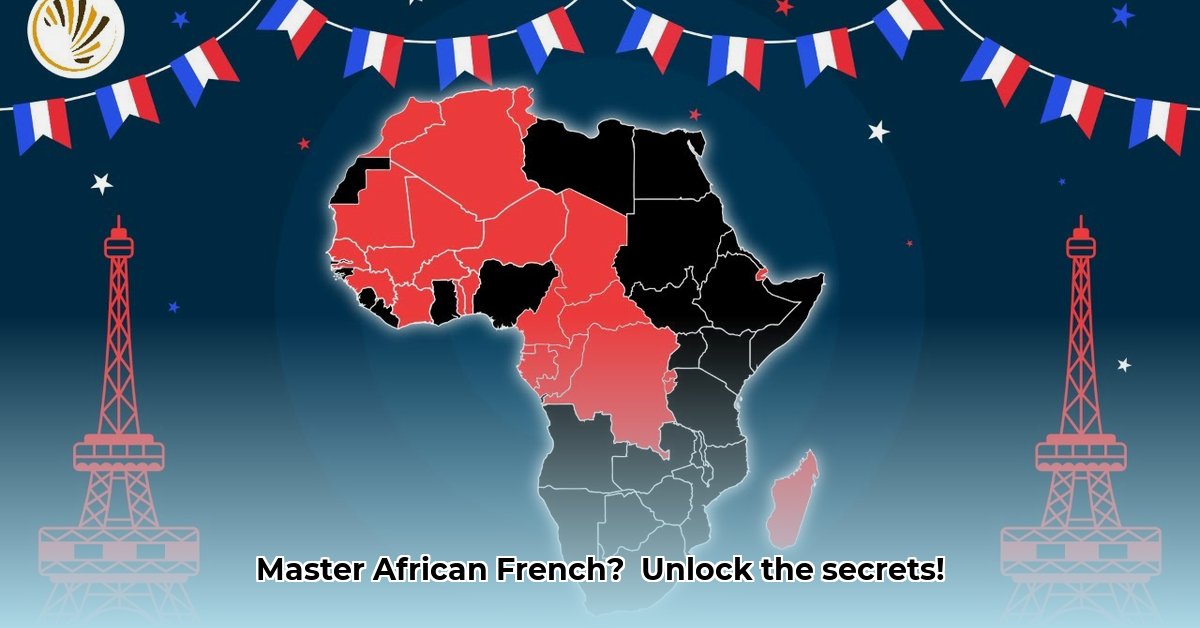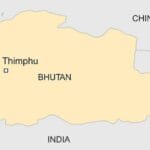Discussing Africa in French requires more than just knowing the word “Afrique.” This guide provides a nuanced approach, covering everything from basic pronunciation to navigating complex cultural contexts. Whether you’re a student, traveler, or simply curious, this resource will equip you with the knowledge to communicate effectively and respectfully.
Mastering the Basics: “Afrique” in French
The standard French translation for “Africa” is “Afrique,” a feminine noun. This grammatical gender dictates the form of accompanying articles and adjectives. For instance, “the large Africa” translates to “la grande Afrique,” using the feminine form “grande,” not the masculine “grand.” Mastering gender agreement is fundamental to accurate and natural-sounding French. Practice pronunciation, aiming for “a-FREEK,” and utilize online resources for audio guidance.
Navigating Nuances and Avoiding Pitfalls
While “Afrique” serves as the primary translation, other terms exist, demanding cautious usage.
“Le Continent Noir” (The Black Continent): A Term to Avoid: Historically laden with colonial and racist undertones, “Le Continent Noir” should be avoided entirely. “Afrique” offers a respectful and neutral alternative.
“L’Afrique subsaharienne” (Sub-Saharan Africa): Precision is Key: This term specifically denotes the region south of the Sahara Desert. Its usage should be restricted to discussions concerning this particular area, avoiding generalization to the entire continent.
Regional Variations: Francophone Africa’s Linguistic Tapestry: French spoken across Africa exhibits rich diversity, influenced by local languages and dialects. Consider this when translating, recognizing that “standard” French might not always capture the nuances of regional expressions.
Practical Steps for Accurate Usage
Immerse Yourself: Engage with authentic French content – films, music, literature – from various Francophone African countries. This exposure helps internalize correct pronunciation and usage within diverse contexts.
Targeted Practice: Utilize language learning apps, flashcards, and conversation partners to practice using “Afrique” in sentences, paying close attention to grammatical gender agreement.
Expand Your Vocabulary: Explore French resources related to African geography, history, and culture. This broadens understanding and provides context for specific terminology.
Seek Feedback: Consult native French speakers, particularly those familiar with African dialects, for guidance on pronunciation, grammar, and cultural sensitivity.
Translating African Regional Dialects: A Complex Undertaking
Translating dialects into standard French requires careful consideration:
Dialect Identification: Precisely identify the source dialect. Is it Wolof-influenced French from Senegal or Lingala-infused French from the Democratic Republic of Congo?
Contextual Analysis: Evaluate the social context, cultural references, and speaker’s intent to ensure accurate meaning conveyance.
Resource Utilization: Consult specialized dictionaries, linguistic studies, and language consultants familiar with the specific dialect.
Prioritize Meaning: Focus on conveying the core meaning, even if it necessitates deviating from literal translation.
Native Speaker Validation: Review translations with native speakers proficient in the dialect to ensure accuracy and cultural appropriateness.
French Translations of African Geographic Names: Respect and Accuracy
Using correct French names for African countries demonstrates respect. Research the official French names and their historical evolution. Be mindful of grammatical gender when using these names in sentences.
Grammatical Gender: Mastering the Nuances
Navigating French grammatical gender for African country names requires dedicated effort:
Memorization Techniques: Use flashcards, apps, or mnemonic devices to memorize the gender associated with each country name.
Focus on Frequency: Prioritize learning the gender of the most commonly referenced countries.
Contextual Observation: Pay attention to how native speakers use these names in sentences and written materials.
Expert Consultation: Seek feedback from native French speakers to refine your understanding and usage.
Communicating effectively about Africa in French necessitates cultural sensitivity and linguistic precision. This guide provides a foundation for respectful, nuanced, and accurate communication, encouraging further exploration of the rich linguistic and cultural landscape of Francophone Africa.
- Jesus Bible: Discover Jesus’s Story Throughout Scripture - April 27, 2025
- Don Luis: Unraveling the 16th-Century Virginia Mystery - April 27, 2025
- Captain J’s Kauai Tours: Unforgettable Na Pali Coast Adventures - April 27, 2025
















